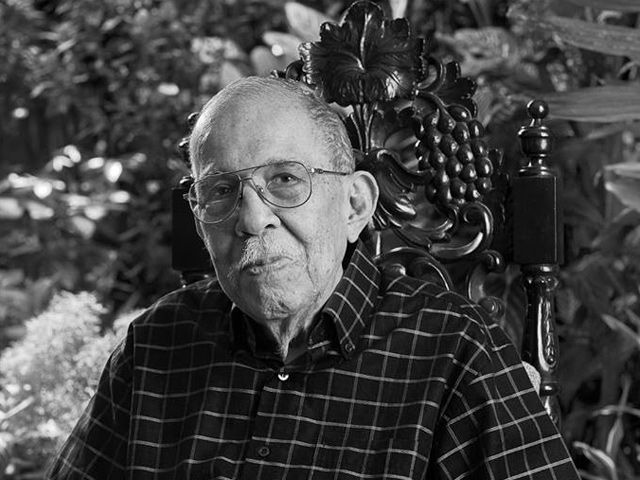Artists never die, they just fade away.
The late filmmaker and now National Artist for Film Eddie is never an exception.
Agencies on arts and culture will never cease to remember Eddie’s contributions to the local entertainment industry.
According to the Cultural Center of the Philippines (CCP) press notes, “an artist’s legacy is an invaluable contribution to society and collective history—their art stands the test of time.”
For Romero, his work lives on to be celebrated anew by generations and generations of audiences, more so now on his 100th birth anniversary.
Classic Screening
That is why the CCP in partnership with the Society of Filipino Archivists for Film (SOFIA) and in cooperation with ABS-CBN Sagip Pelikula, Cinema One, and the FPJ Archives, honors NA Eddie Romero’s unparalleled artistry through the CCP Cine Icons: “Eddie Romero @ 100,” a series of screenings of his digitally-restored films.
Want to know why Romero was one of the most revered filmmakers in the industry, regarded by both local and foreign directors and why he was conferred the artistic honors in the country in 2003?
Find out from this line-up of Eddie’s cinematic gems like “Aguila,” a historical film which already premiered in Many; “Ganito Kami Noon, Paano Kayo Ngayon,” about the Philippine colonial past (De La Salle University in Taft Avenue on July 20); “Kamakalawa,” a pre-historic Philippines in an adventure of mortals in the world filled with gods and mythological creatures (PUP Theater, June 25 and free admission with talkback after the screening); “Hari sa Hari, Lahi sa Lahi,” a CCP and China collaboration in 1987, a Filipino-Chinese epic historical drama film set in the 14th century China (to premiere on July 21 at the Tanghalang Ignacio Gimenez (CCP Black Box Theater); “Banta ng Kahapon” is set at the backdrop of the 1969 congressional elections which unravels the story of men as pawns in a milieu of political power—men best described as beholden only to amorality and the highest bidding politicos who pay their services;
“Lost Battalion,” a 1960 black-and-white film set in the Philippines during World War II, the film is about a girl who is rescued from bandits by a guerrilla fighter; “The Raiders of Leyte Gulf,” a 1963 war film recounts the story of a U.S. intelligence officer during World War II who was captured and tortured by Japanese soldiers occupying the small island of Sundao; “The Walls of Hell,” a gritty, atmospheric 1964 war film dramatizes a chapter of World War II history in which 10,000 Japanese soldiers, fearing execution if they surrendered, disobeyed their own superiors’ orders and barricaded themselves in Intramuros along with a thousand or so unfortunate civilians;
“Black Mama, White Mama,” a 1973 crime drama film, a black prostitute and a white revolutionary must form an uneasy alliance when they are busted out of prison, then pursued by guerrillas, bounty hunters and the Army; “Savage Sisters,” an exploitation film set in 1974 that tells the story of three women of three races who join the fundraising part of an island revolution.
The last five films have no schedules yet and to get the latest updates on future film screenings from CCP Cine Icons, follow the official CCP and CCP Film, Broadcast, and New Media Division social media accounts on Facebook, X, Instagram, TikTok, and YouTube.
#WeTakeAStand #OpinYon #CCP #DirekEddieRomero
